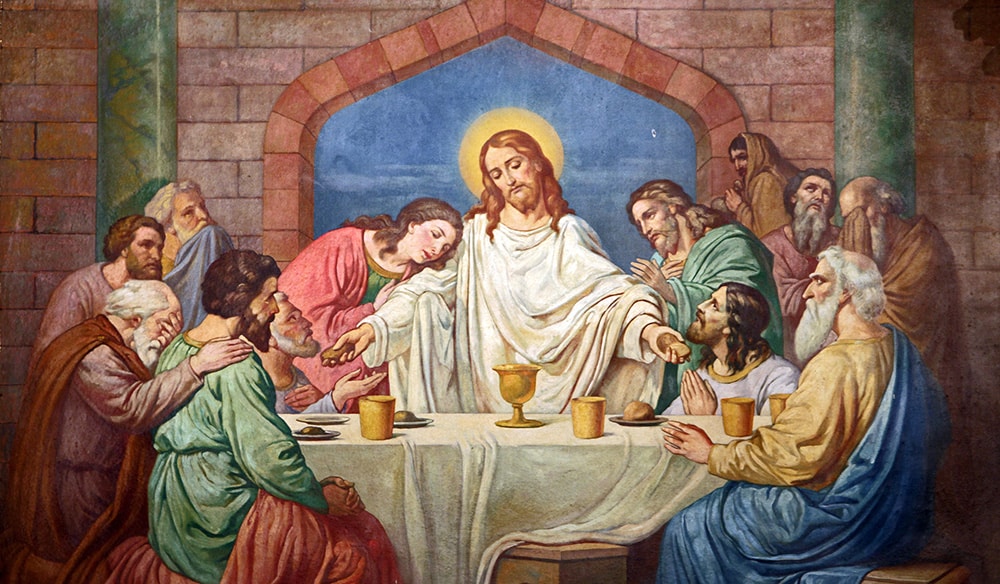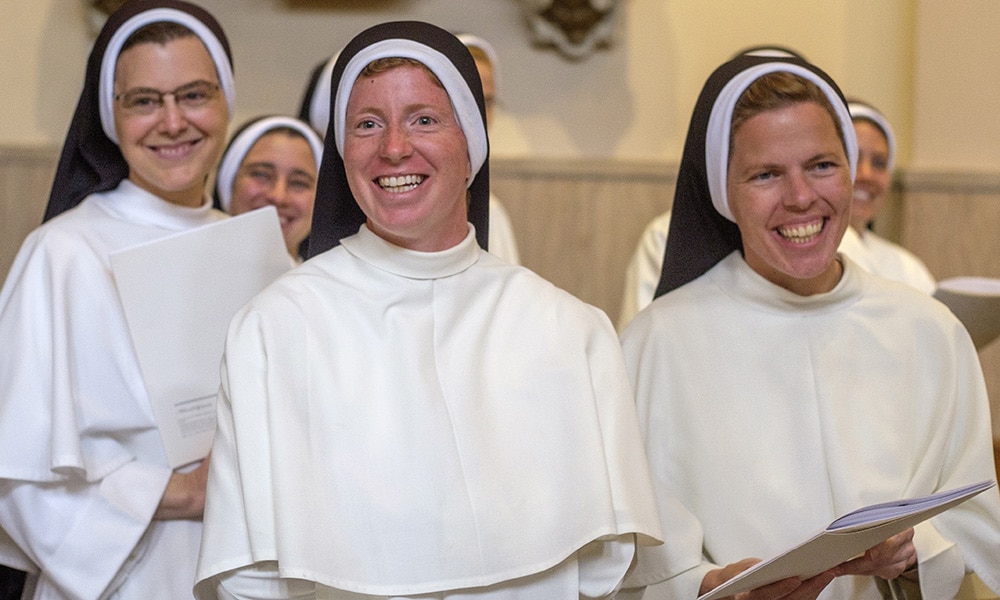As we conclude 2018, Catholics might feel tempted to turn the page a little more quickly than usual. With the resurgence of the clergy sexual abuse crisis — seen in such stories as the fall of Archbishop Theodore McCarrick and the release of the Pennsylvania grand jury report — it has been a trying year for the whole Church. But just as the crisis has brought leaders and signs of hope to the fore (See our “Catholics of the Year 2018), so, too, can the experience of this year help Catholics everywhere resolve to adopt the virtues and values that will help them weather the crisis and rebuild the Church.
Here are a few virtues and values that we recommend.
Hope: This one seems logical enough. Catholics experience the heartbreak and frustration of the Church’s troubles and can only hope that better days lie ahead. But merely giving oneself over to blind optimism (which is a different thing altogether than hope) would amount to setting oneself up for more hurt, especially as so many reports on the full extent of the crisis, going back decades, are bound to come out in 2019 and beyond as a result of various state and federal investigations into U.S. dioceses. Cultivating the virtue of hope in the midst of this crisis requires that we place our trust in Christ, and it helps us avoid sinking into discouragement or despair.
Patience: Along with hope, patience will be necessary for navigating further bad news for the Church. In his “Introduction to the Devout Life,” St. Francis de Sales says, “A brave man can easily bear with contempt, slander and false accusation from an evil world; but to bear such injustice at the hands of good men, of friends and relations, is a great test of patience.” Many Catholics can relate to this sentiment after months — and really, in many cases, years — of trying to defend their Church in the face of the indefensible.
Joy: This one seems counterintuitive. The abuse crisis has left many people’s spirits anything but joyful. But this tension illustrates why it’s more urgent than usual for Catholics to reflect the joy of the Gospel in their lives. And it is possible to cultivate joy, because the Paschal Mystery invites us to embrace our afflictions with joy, to empty ourselves. There is one way, and it is the Way of the Cross. Both hope and joy lead directly to the final recommendation.
Looking to Jesus: The value of looking intentionally to Jesus with more urgency and greater frequency is that our entire lives and existence are supposed to be focused on him at all times. The problem is that we, as individuals and as an institutional Church, too often forget this and instead become reliant on our own ideas, plans and structures. The events of 2018 have been a jarring reminder that even those leading the Church can make bad decisions — to an almost unimaginable extent — when they do not live in the light of the Gospel. The renewal of the Church ultimately will come not from structural fixes, but from an openness to the will of God in every heart.
Putting Jesus Christ rightfully at the center of our focus means becoming ever more reliant on the sacraments and the abundant graces they offer. It means being able to see Jesus Christ in his Church, to see that he is the reason for all of it, and to see that the salvation he won for us is our goal as his followers. This sense of renewed purpose and vital connection with our Savior, we pray, will begin to heal many hurting hearts in the Church in 2019.







